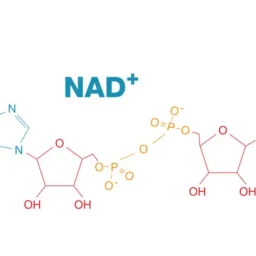
Intravenous (IV) therapy, also known as infusion therapy, involves the administration of fluids and medications directly into the bloodstream via a vein. While IV therapy has traditionally been associated with hospital settings, it is now increasingly used in outpatient clinics, emergency rooms, and even in the comfort of one’s own home.
IV therapy has become increasingly popular due to its many benefits, which include faster and more efficient delivery of medications and nutrients with a reduced risk of side effects, and the ability to customize treatments based on the patient’s individual needs.
Here are some of the key reasons why IV therapy is so important:
Rapid Absorption: When medications or nutrients are administered intravenously, they enter the bloodstream immediately. This means that the effects of the treatment are felt quickly and can be more potent than if taken orally. This is particularly important for patients who need immediate relief from symptoms or require critical care.
Increased Bioavailability: IV therapy can increase the bioavailability of certain medications and nutrients. This means that a higher percentage of the drug or nutrient is available for the body to use, as it bypasses the digestive system and liver, which can sometimes break down medications and nutrients before they have a chance to be fully absorbed.
Customized Treatments: IV therapy allows for treatments to be customized to a patient’s individual needs. For example, patients with nutritional deficiencies can receive a custom blend of vitamins and minerals, while those with chronic pain can receive a specific pain medication. This approach can be particularly beneficial for patients who have not responded well to traditional treatments.
Reduced Side Effects: IV therapy can also reduce the risk of side effects compared to other forms of medication delivery. This is because the medication is delivered directly to the bloodstream, bypassing the digestive system and other organs that may be more sensitive to certain drugs.
Convenient Delivery: IV therapy can be administered in a variety of settings, including hospitals, clinics, and even at home. This can be particularly important for patients who require long-term treatment, as it allows them to receive their medication without having to visit a healthcare facility every day.
IV therapy is a valuable tool for healthcare providers and patients alike. It offers a range of benefits, including rapid absorption, increased bioavailability, customized treatments, reduced side effects, and convenient delivery. As IV therapy continues to evolve, it is likely to become even more widely used and will continue to play an important role in the treatment of a variety of health conditions.
Did you know we offer concierge IV therapy? Contact us for more information at 954-289-3065



